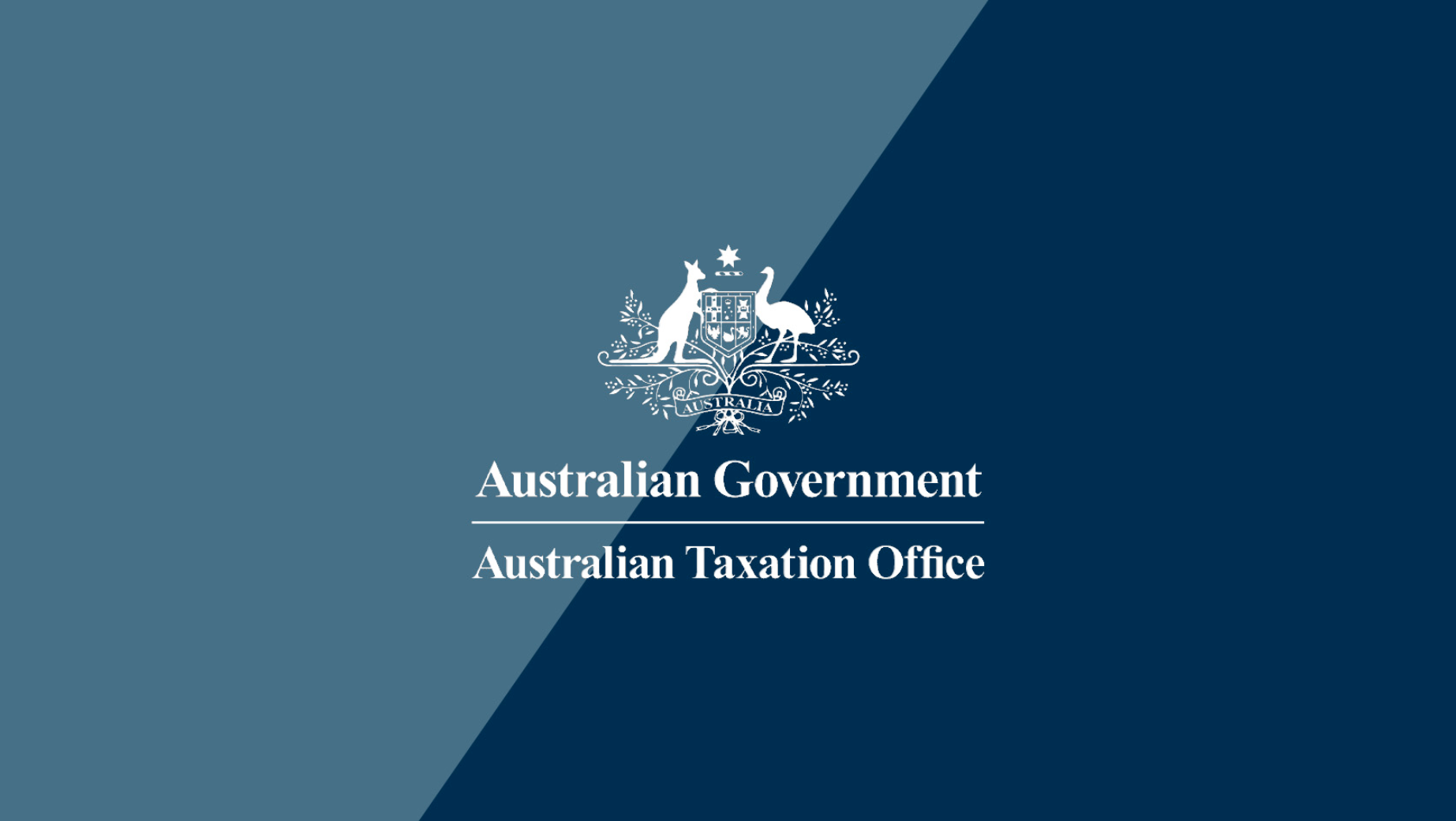Australian Taxation Office Compliance Approach
The ATO compliance approach has traditionally focused on help and education.
However, the ATO are concerned about the compliance of some Self Managed Super Funds. Therefore, the AT have increased their compliance activity on high-risk funds and the focus on timely lodgment. For Self Managed Super Funds, compliance activities will be more extensive than in the past.
If you are a trustee of an Self Managed Super Fund, it will be expected that you’ll:
– Know, understand and complete your responsibilities and obligations.
– Lodge your Self Managed Super Fund annual return every financial year.
– Pay the supervisory levy.
The ATO want to make sure trustees, auditors, tax practitioners and financial planners are aware of the rules governing Self Managed Super Funds. Where the ATO find that you are genuinely making an effort to meet your obligations, the ATO will work with you to rectify any breaches. If you become aware of a problem which results in your Self Managed Super Fund being non-complying the ATO encourage you to contact them so they can work with you to rectify the problem.
The ATO’s aim is to achieve further compliance improvement and to help you self-regulate your Self Managed Super Fund, mainly through the following:
– Education
– Fund reviews
– Client service
The ATO’s objective is to encourage the following:
– Self-management
– Self-regulation
– Self-assessment
Accepting a written undertaking from you may be another method the ATO use to ensure any serious compliance problems are addresses. The undertaking provides the promised action to be taken by you to deal with the contravention. If you don’t meet the terms of the undertaking, the ATO may apply to the court for an order requiring you to either:
– Comply with the undertaking.
– Pay an amount up to the amount of any financial benefit you obtained that is reasonably attributable to the breach.
– Comply with any other orders the court considers appropriate.
The ATO will take a firm approach with you if you fail to make a genuine effort to comply, or if you set out to deliberately avoid meeting your legal obligations.
Depending on the severity of the breach, such action may include:
– Declaring your fund to be non-complying (so that it loses valuable tax concessions).
– Prosecuting you for failing to obey the law.
As the regulator of Self Managed Super Funds, the ATO take all possible steps to ensure that enforcement action in relation to contraventions is appropriate and taken only after due consideration has been given to all the circumstances.
The ATO approach to ensuring you take responsibility for protecting and investing members’ retirement benefits appropriately, is based on their compliance model.
Other Sanctions
As regulator, if the ATO work out that the assets of your fund are at risk, they can take action to protect them. Such action may include:
– Disqualifying you as trustee.
– Removing you as trustee.
– Freezing your Self Managed Super Funds assets.
Compliance Program
The ATO regularly update and publish the compliance program that includes Self Managed Super Funds.
What the ATO expect during compliance activity The ATO expect that during a compliance review or audit you’ll:
– Provide full and free access to all records, documents, buildings and premises.
– Allow us to make copies or extracts of records and documents.
– Provide reasonable facilities and assistance.
– Provide complete and accurate responses to requests for information.
– Be truthful and honest in your dealings with us.
Checks to ensure you are complying
– Keep and maintain accurate records of your Self Managed Super Fund.
– Don’t set up an Self Managed Super Fund with the expectation of gaining early access to your super.
– Don’t make a false or misleading statement or fail to make a statement to avoid paying the correct tax.
– Lodge your Self Managed Super Fund annual return, and pay the supervisory levy.
– Don’t fail to make a genuine effort to comply or set out to deliberately avoid meeting your legal obligations.
Penalties
Regulatory penalties and sanctions
To protect members retirement incomes, the ATO regulate Self Managed Super Funds to ensure they comply with the super law. Failing to comply is known as a contravention of the SISA or SISR. This will result in some type of compliance action. For example, the ATO can:
– Prosecute you if you’ve contravened the super law.
– Make your Self Managed Super Fund non-complying.
– Disqualify you as a trustee if you’ve contravened the super law or if you are not a fit and proper person.
– Suspend or remove one or all of the trustees of a Self Managed Super Fund. If the ATO suspend all trustees, they will appoint a constitutional corporation or an individual to act as the trustee during the period of suspension. The appointee is called the acting trustee. The ATO have the power to direct the acting trustee to act in a certain manner.
– By written notice given to you or the investment manager, director you not to dispose of, or otherwise deal in a particular way, any of the assets of your fund until the notice is revoked
For less serious matters the ATO may enter into agreements with trustees about a plan for them to rectify the problem without necessarily imposing the above sanctions.
A complying fund that has been made non-complying will suffer serious tax consequences. Your fund’s total assets (less any member contributions that no tax deduction has been claimed for) are subject to tax at the highest marginal rate. Any income in a financial year that a fund is non-complying is taxed at the highest marginal rate.
If a trustee is prosecuted and is found guilty of either a civil and/or criminal offence under a civil penalty provision, the maximum penalties that may apply under Part 21 of the SISA are $220,000 (civil proceedings) and/or five years imprisonment (criminal proceedings).
In addition, offences of strict liability (such as acting as trustee while disqualified) that are punishable under the Criminal Code can also be subject to penalties and/or imprisonment.
Administrative penalties may be applied of you:
– Fail to lodge returns on time.
– Provide false and/or misleading statements.
– Fail to keep and maintain records.
– Fail to advise the ATO of a change of trustee or other changes in your fund.
Improper early access to super is illegal. Remember significant penalties can be applied to you, your Self Managed Super Fund and the recipient if benefits are unlawfully released.
Income tax penalties
An administrative penalty can be applied if you make a statement (or fail to make a statement) that results in an underpayment of tax. If you don’t lodge a Self Managed Super Fund annual return and/or fail to make a true and correct statement, a penalty may apply.
You are liable for an administrative penalty if you make a false or misleading statement and your either:
– Take a position that is not reasonably argued.
– Fail to make a statement when required.
Depending on your conduct regarding the shortfall, the base penalty ranges from 25% to 75% of the shortfall amount or tax related liability for failing to make a statement. This penalty range is affected by circumstances such as if you:
– Voluntarily disclosed the information.
– Hindered our enquiries.
– Repeated the error.
Shortfall interest charge (GIC) will apply to amended income tax assessments, where a taxpayer’s assessment is amended to increase the amount of tax payable. The SIC will apply from the due date of the original assessment to the date before the issue date of the amended assessment for the shortfall amount, and is due 21 days after the notice of the penalty is given.
The general interest charge (GIC) is a single rate of interest that applies when a payment of a taxation liability is not received by the due date. The charge applies to (but is not limited to):
– An amount of tax that remains unpaid after the due date.
– An underestimation or underpayment of an instalment of tax.
– Late lodgement of tax that remains unpaid after the due date of the amended assessment.
– An underpayment of tax following the revision of an activity statement.
– Failure to lodge penalties that remain unpaid after the due date.
The GIC rate for a day is worked out by adding seven percentage points to the 90 day bonds accepted bill rate for that date, and dividing that total by the number of days in the calendar year.
Rogerson Kenny Business Accountants Melbourne can assist you with your accounting and auditing requirements. If you would like to appoint Rogerson Kenny Business Accountants as your approved auditor, or would like to discuss this topic further, call us on (03) 9802 2533.







